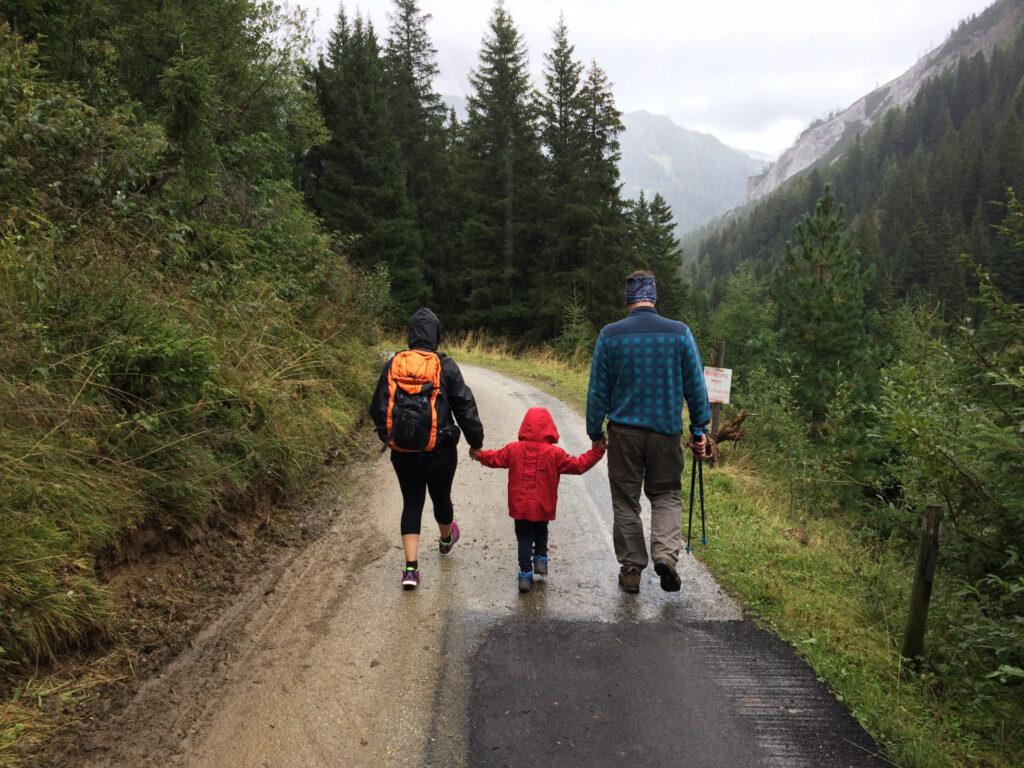
One of my favorite parts about living in the Northwest is our abundance of beautiful and accessible parks and hiking trails. Whether you are up for a hike, stroll, or a beautiful place for a picnic, you can find plenty of great parks within 20 minutes from the Portland area.
Some of my favorites:
Practice speech and language on your nature walk!
Nature walks are great opportunities to practice speech and language concepts, whether your child is working on articulation/speech sounds or language (expanding vocabulary and language concepts).
Articulation: go on a scavenger hunt and see how many things you can find that have your child’s target sound(s).
For example, if your child is working on the S sound: you may see the sun, tree sap, sticks, moss, grass, skunk cabbage, squirrels, etc. You could also practice by playing “I Spy”!
Take pictures of what you find! This can be a great way to practice later, too.
Language: point out what you see on your walk. This can be a great way to practice many language concepts depending on what your child is working on. If your child is working on combining more words together, try adding a descriptor, action, or preposition to the word or phrase they say. For example, if they say “bird,” you can say, “yes, the bird is blue / flying / on the branch.”
Descriptors: we often focus on labeling what we see, that we may forget to describe what we see! Practice pointing out what kind of adjectives you notice. The moss is soft, the water is cold, the squirrel is fast, the bird is flying high, the grass is wet. What else can you think of?
Other concepts that are great to practice on walks:
Counting – how many birds are in the tree? How many people are on the bridge? How many rocks did you find?
Colors – what can you find that is green? Yellow? Blue?
Actions: now that you have found some interesting things on your walk, talk about what they are doing! Practice pointing out the actions you notice. The bird is flying, the squirrel is climbing the tree, the dog is barking, the water is rushing, the moss is hanging, etc. What else can you think of?
Prepositions: When you find interesting things, practice pointing out where they are. For example, the squirrel is on the tree, the bird is in the nest, the water goes under the bridge, the dog is behind the tree, the slug is next to the rock, etc. What else can you think of?
Nature Walk Bingo!
How many of these items can you find on your nature walk? Can you get BINGO? Can you find them all? Take a picture as you find them, and then you can review what you saw when you got home. This is great practice for telling stories/narratives!
